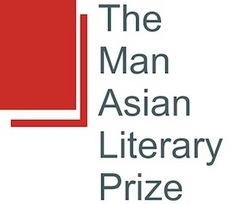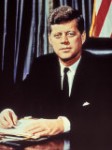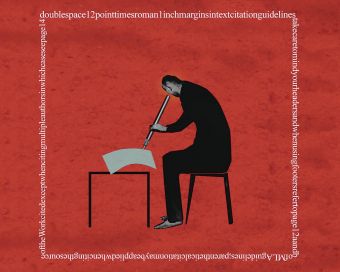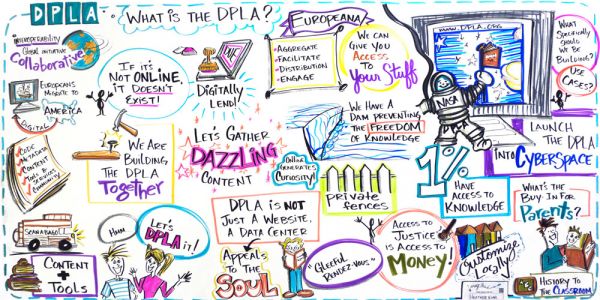
In a press release, the organizers called the list “the most diverse to be announced in its five year history, showcasing a panoply of tales from right across Asia.â€
Here’s the full list:
• JAMIL AHMAD, Pakistan – The Wandering Falcon (Penguin India/Hamish Hamilton)
• TAHMIMA ANAM, Bangladesh – The Good Muslim (Penguin India/Hamish Hamilton)
• JAHNAVI BARUA, India – Rebirth (Penguin India/Penguin Books)
• RAHUL BHATTACHARYA, India – The Sly Company of People Who Care (Pan Macmillan/Picador)
• MAHMOUD DOWLATABADI, Iran – The Colonel (US: Melville House, UK: Haus Publishing)
• AMITAV GHOSH, India – River of Smoke (John Murray/Penguin India/Hamish Hamilton)
• HARUKI MURAKAMI, Japan -1Q84 (Harvill Secker)
• ANURADHA ROY, India- The Folded Earth (Quercus/Maclehose Press/Hacehette India)
• KYUNG-SOOK SHIN, South Korea – Please Look After Mom (Alfred A. Knopf)
• TARUN J TEJPAL, India – The Valley of Masks (HarperCollins India/4th Estate)
• YAN LIANKE, China – Dream of Ding Village (Grove Atlantic)
• BANANA YOSHIMOTO, Japan – The Lake (Melville House)
“What this longlist shows is that if we are looking for books of the epic scale and stature of the great European nineteenth century novels, we must turn to Asia,†David Parker, chair of the directors of the prize. He says the nominees “have a scale and ambition we don’t often see in Western writing these days. Could it be that as the world’s economic centre of gravity is moving eastwards, so too is its artistic energy and ambition?â€
via Melville House Books
 Anniversary of the Assassination
Anniversary of the Assassination

